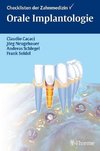
-
 Anglický jazyk
Anglický jazyk
Critical Factors for Failure of Orthodontic Mini Implants
Autor: Anjali Achantani
While planning an orthodontic treatment, reciprocal effects must be carefully evaluated and strategically planned to control them, so as to maximize desired tooth movement and minimize any undesirable effects.Anchorage systems used in conventional orthodontic... Viac o knihe
Na objednávku
57.33 €
bežná cena: 63.70 €
O knihe
While planning an orthodontic treatment, reciprocal effects must be carefully evaluated and strategically planned to control them, so as to maximize desired tooth movement and minimize any undesirable effects.Anchorage systems used in conventional orthodontic treatments are classified as extraoral and intraoral devices. A recent development in skeletal anchorage system are temporary anchorage devices (TADs), which are anchored to the alveolar bone and provide direct or indirect anchorage with good stability and several advantages of TADs, as compared with conventional anchorage devices which include easier manipulation, simpler treatment mechanics, shorter total treatment time, greater patient comfort, ease of insertion and removal, reasonable cost, biocompatibility, and capability to withstand orthodontic forces. Therefore, the use of mini-implant have increased tremendously but its success or failure largely depends upon its ability to resist force and to provide sufficient healing at the bone-implant interface, various other factors that contribute to the success or failure of mini implant.
- Vydavateľstvo: LAP LAMBERT Academic Publishing
- Rok vydania: 2021
- Formát: Paperback
- Rozmer: 220 x 150 mm
- Jazyk: Anglický jazyk
- ISBN: 9786204182285




 Nemecký jazyk
Nemecký jazyk 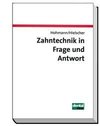
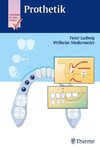
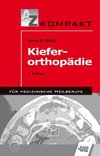
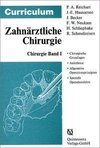

 Španielsky jazyk
Španielsky jazyk 

